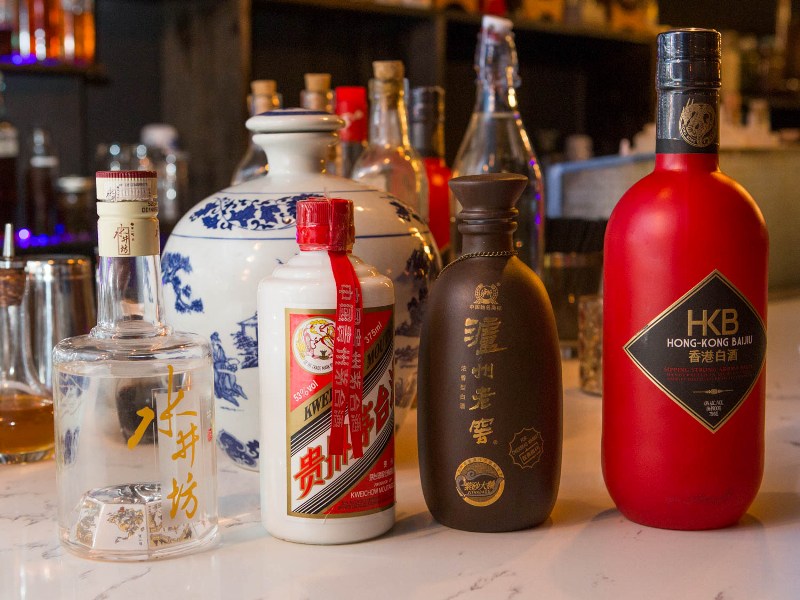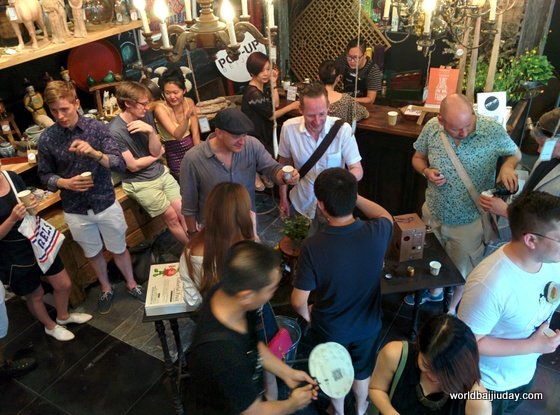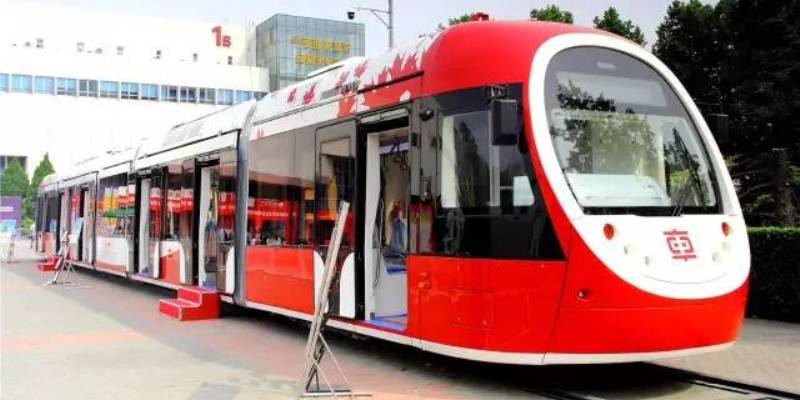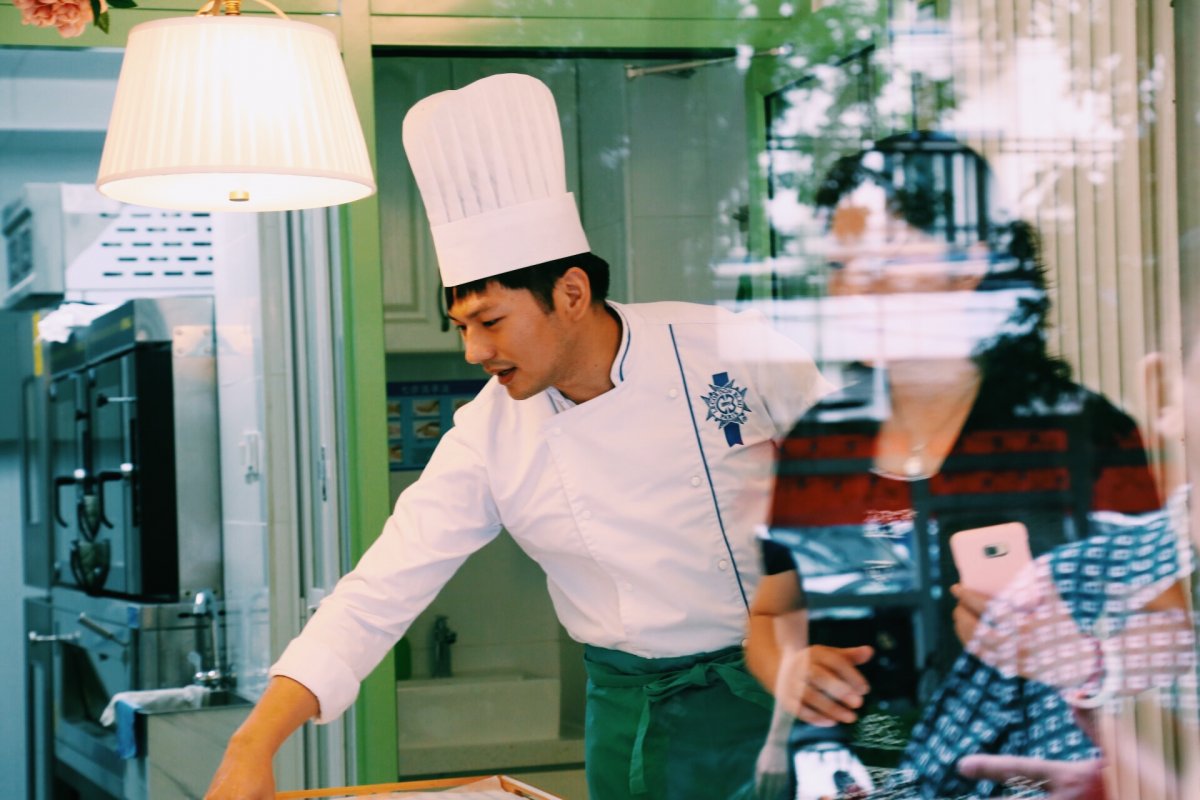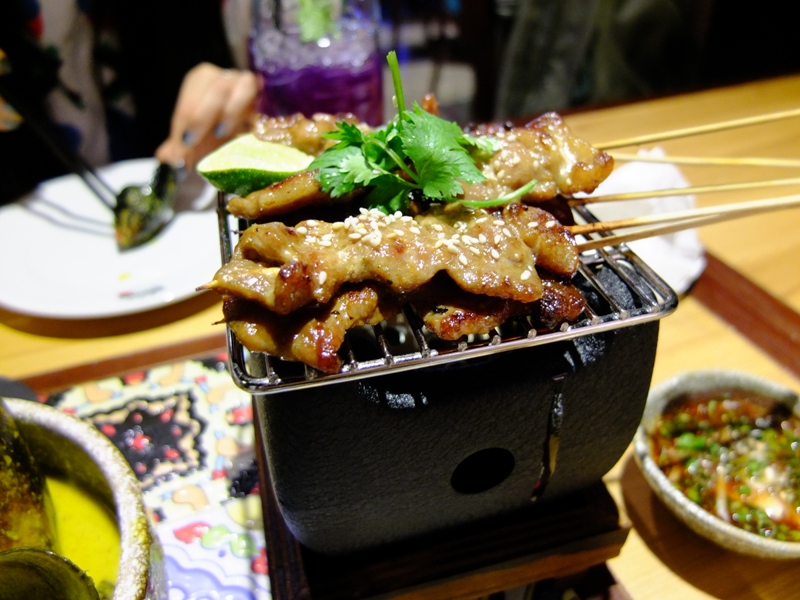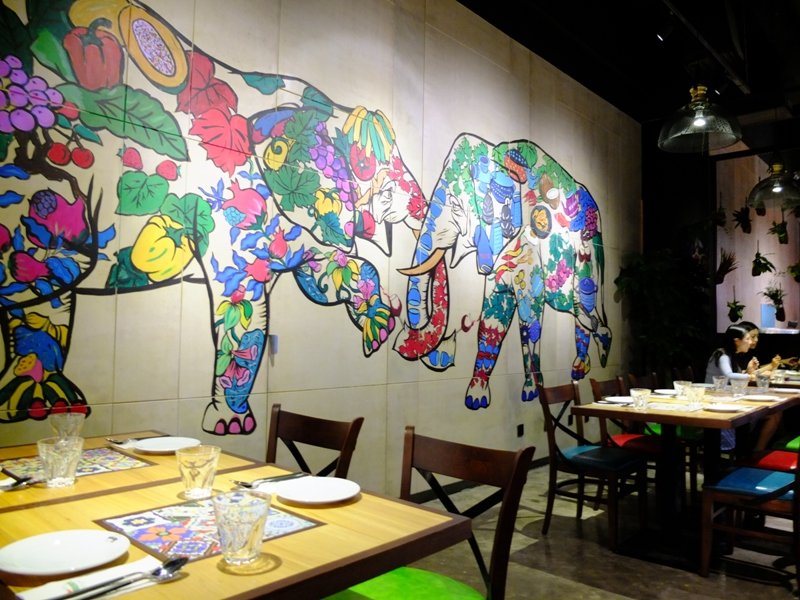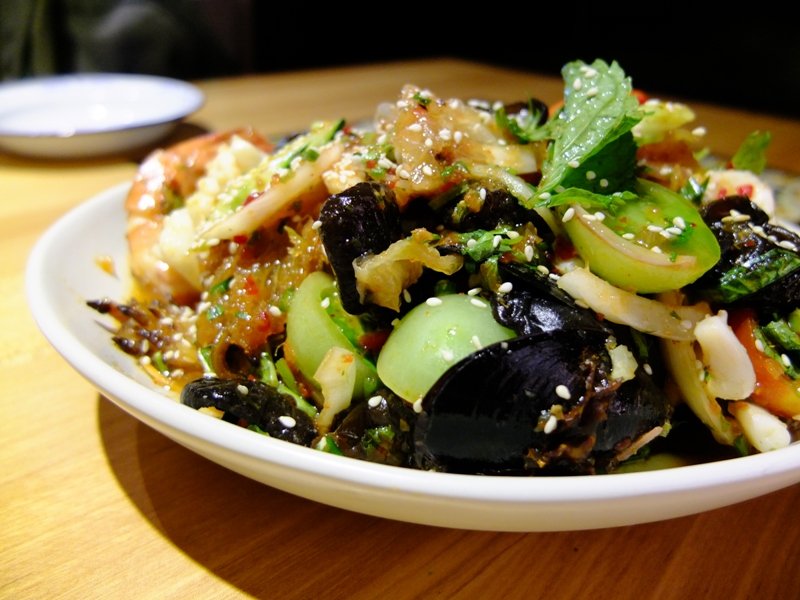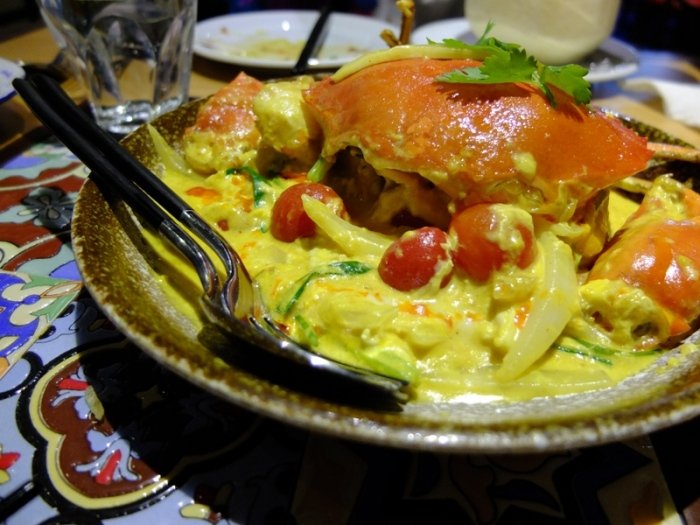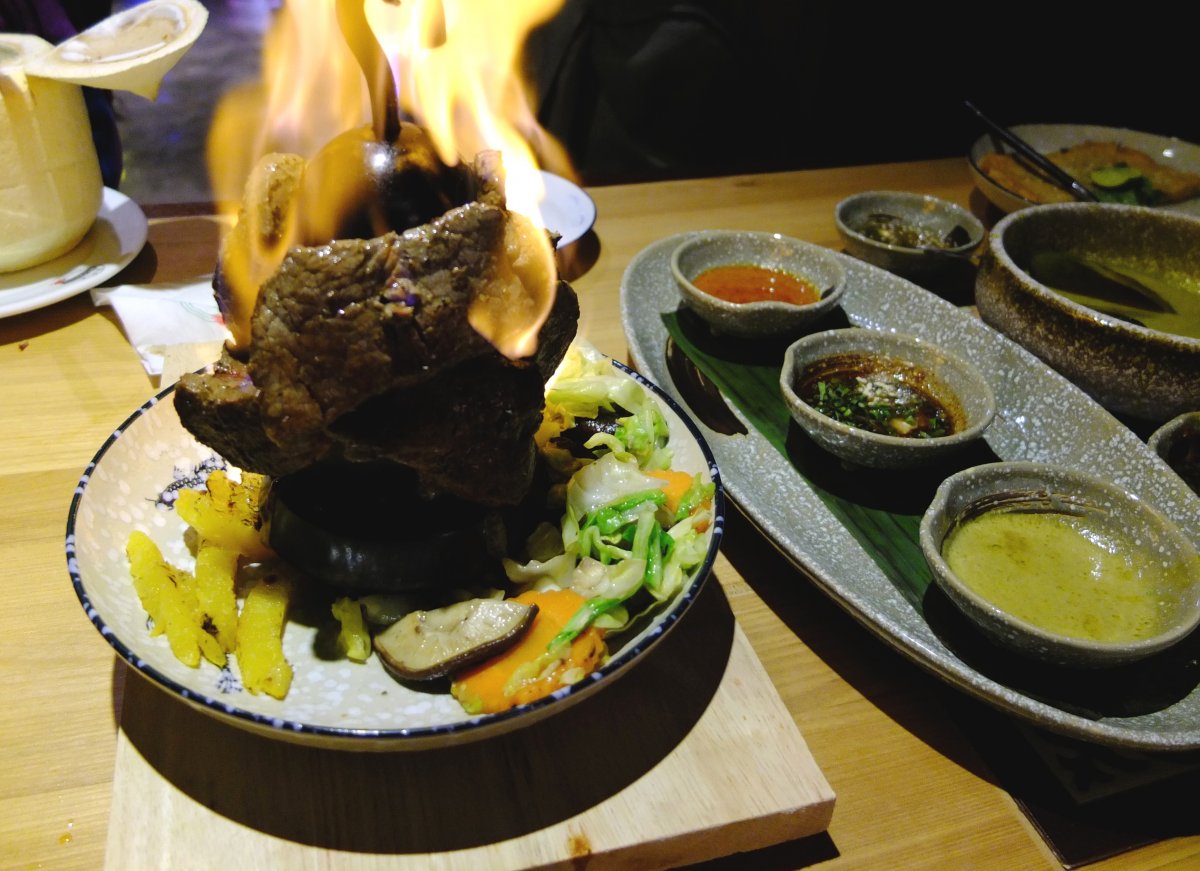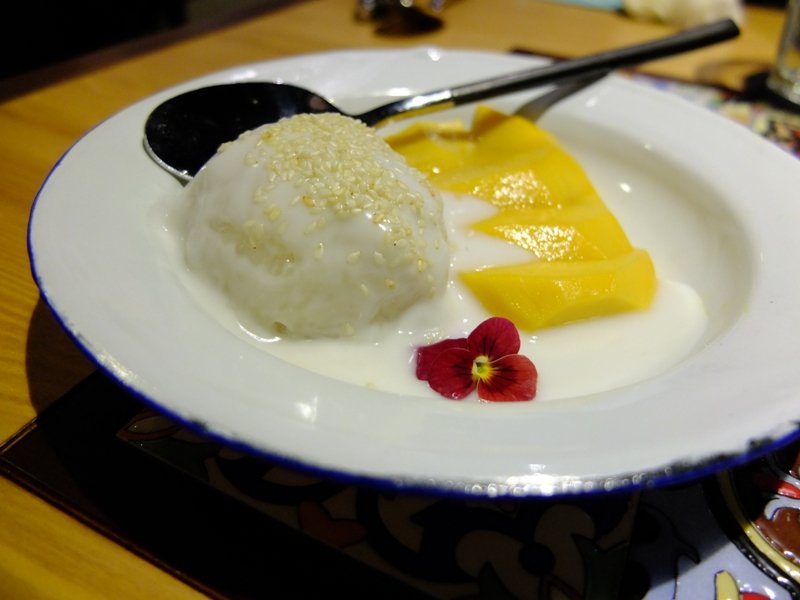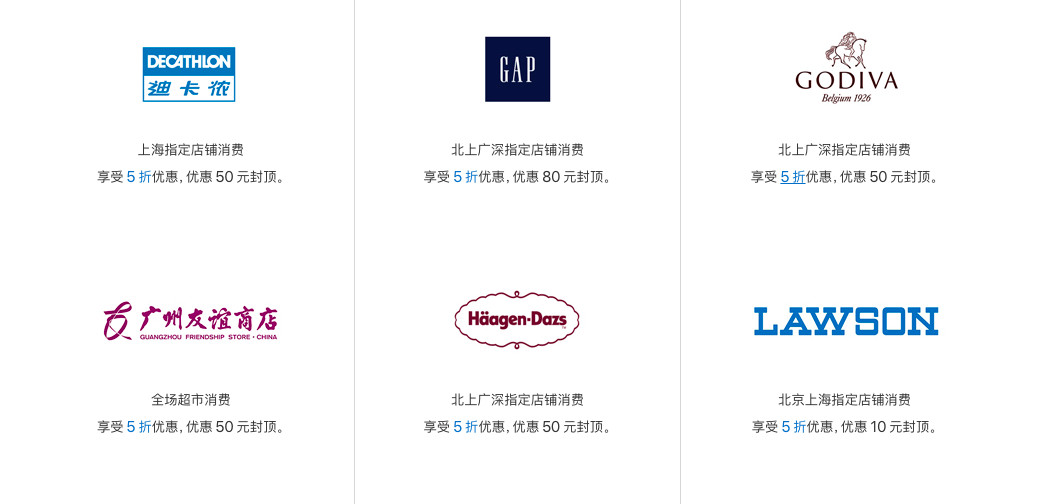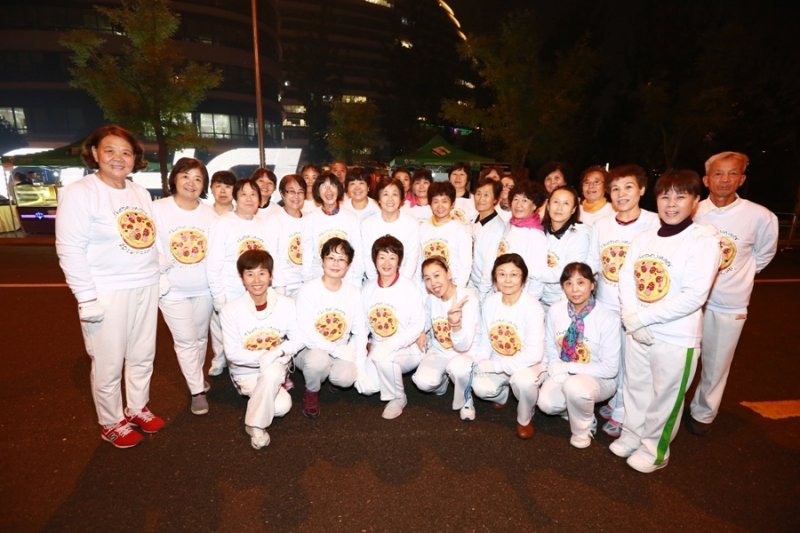A diet of video games and old movies have influenced the most popular online trends, as seen by a list of the hottest Chinese internet slang from the first half of this year expected to bewilder anyone not up-to-date on some very obscure references.
As compiled by Headline News, the online slang terms originate from such varied sources as online video game banter, a Yu-Gi-Oh card game and even a 25-year-old Stephen Chow movie – subtle signs that Chinese youth are a little behind the times when it comes to pop culture.
Want to talk like a Chinese teenager? Here's the list:
1. Fisty ("拳拳 quánquán")
![]()
This phrase is used to describe "cuteness" through violence and requires a short explanation of basic Mandarin.
As the story goes, a female netizen was upset that her attempts at being sājiāo (撒娇, meaning "coquettish") were not having the desired effect upon her better half, so she threatened him with violence instead by saying: "Hmph, this person will use their little fists to thump your chest." ("哼,人家拿小拳拳捶你胸口 hēng, rénjiā ná xiǎo quánquán chuí nǐ xiōngkǒu")
Reduplicating a noun in Mandarin has the effect of making it sound cuter, often used by children or by people acting sajiao, and in this case, is used for the word "fist" (拳 quán). However, a term for the doubled "fist" already exists, and means "sincerity when pertaining to national pride." The result of combining violence with cuteness along with nationalism has resulted in Chinese netizens popularizing this phrase, making it the current version of 萌萌达 méng méng dá (an earlier phrase for "cute").
Although duplication occurs in English with such words as "boo-boo" and "choo-choo," translating this slang as "fisty" is probably better than translating this as "fist fist."
2. Let's go, mantis shrimp! ("皮皮虾, 我们走 pípí xiā, wǒmen zǒu")
![]()
This Chinese online slang, used to express something amazing, is the culmination of different memes developing separately, but combining to form a "super-meme."
"Let's go, xxx" is a phrase that originated with the trump card of the Yu-Gi-Oh: Official Card Game in which its most powerful character is summoned by saying its name along with "Let's go!" Chinese netizens eventually ditched Yu-Gi-Oh's "Prehistoric Dragon Star" in favor of another popular Chinese slang term, "mantis shrimp," a nonsense word used to express dissatisfaction.
As weird as this slang sounds, it could have been weirder: other slang terms similar to "mantis shrimp" include "plucking clams" (拔蚌 bá bàng) and "winter melon skin" (冬瓜皮 dōngguā pí).
3. Secretary Dakang's GDP
![]()
"Mango TV" won this past spring's battle for ratings on Chinese television with their breakout hit about corruption in the Chinese government, In the Name of the People. Although it inspired a host of internet memes that included satirizing bureaucratic overreach through tiny windows, the most-popularized meme was a phrase widely repeated on bullet screen comments.
To show their support for the show's main protagonist, Chinese netizens posted over and over the phrase "I volunteer to pick up the slack of Secretary Dakang's portion of the GDP." (达康书记的GDP,我来守护!dá kāng shūjì de GDP, wǒ lái shǒuhù!)
![]()
Upon moving to general internet usage, the phrase became the question: "Who will take up the slack of Secretary Dakang's portion of the GDP?" ("达康书记的GDP 谁来守护?dá kāng shūjì de GDP shéi lái shǒuhù?")
4. Prick to the Heart ("扎心 zhā xīn")
![]()
Bullet screen comments are again to thank for originating this Chinese internet slang, used to convey compassion.
Reportedly, commenters were so moved by a live-streamer's attempt to help a Dongbei child that many of them repeated the phrase, "Old friend, that is so heart-rendering!" that included the phrase 扎心 zhā xīn (prick of the heart).
As it were, this phrase is in keeping with the Japanese cartoon convention of signifying certain emotions by reusing the same character modifiers. A fringe of lines at the top of a television screen signifies defeat causing sadness, while compassion for someone suffering from an act of betrayal is signified with a dagger through the heart, much like this Chinese slang term.
5. It's possible I may have (verbed) a fake (object) ("我可能 X了假 Y wǒ kěnéng X le jiǎ Y" )
![]()
The best of the lot, this internet slang is used to convey doubt, and is usually used for comedic purposes when something is far too late to act upon. It was widely used by school kids before spreading out all over the Chinese internet.
This phrase goes all the way back to the beginning of the year and was popularized with a story about fake terracotta warriors. Although the woman responsible for the original story didn't come up with it, Chinese news media spread her humorous story by saying, "It's possible I may have visited the fake terracotta warriors."
A spiritual successor to Arrested Development's running gag of "I've made a huge mistake," the very first time this Chinese online slang was used was in the phrase "It's possible I may have drunk fake alcohol" ("我可能是喝了假酒 我 wǒ kěnéng shì hēle jiǎ jiǔ").
6. Doesn't this ache your gentle heart? ("你的良心不会痛吗? nǐ de liángxīn bù huì tòng ma?")
![]()
Zhuhu, China's version of Quora, has become a social media phenomenon with certain people achieving online fame just by their responses alone. And, it's responsible for creating a number of Chinese slang terms.
One such slang comes from a Zhuhu response in which Chinese internet users were aghast to be informed that venerated Chinese classical poet Li Bai treated his contemporary Du Fu with disdain. Even though Du dedicated some of his work expressively for Li, Li chose not to appreciate Du; instead, Li chose to dedicate poetry to Du's rival, Wang Lun.
This cold-blooded snub proved to be too much for Chinese netizens, prompting them to criticize Li Bai for his lack of kindness towards Du, thereby inspiring the phrase "Doesn't this pain your gentle heart?" ("你的良心不会痛吗?nǐ de liángxīn bù huì tòng ma?“)
7. Unexpected, but not by accident; surprised, but not shocked ("意不意外, 惊不惊喜 yì bù yìwài, jīng bù jīngxǐ")
![]()
This weird phrase, used to convey ambivalence, goes back a long way to the Stephen Chow film All's Well, Ends Well (1992). In the film, Chow delivers this classic line to Hong Kong's ingenue-of-the-moment Maggie Cheung. It has since been reused as a way to describe an unexpected turn of events or to ridicule dramatic reversals in a story.
Digging up cultural relics from another era is common for mainland Chinese internet memes. The recent "laidback Ge You" meme originates with an old mainland sitcom that dates back to the 90s.
8. No matter what, I'm a loser ("你尽管 X, Y 了算我输 nǐ jǐnguǎn X, Yle suàn wǒ shū")
![]()
China's diaosi and their funeral culture receive their very own online slang term with this term that conveys complete and total failure. Originating in a Weibo hot topic, the slang eventually filtered over to general Chinese internet use by becoming a macros (text accompanied by words, always in bold).
9. And, what, this thing? ("还有这种操作?hái yǒu zhè zhǒng cāozuò?")
![]()
Also originating with the online video game community, this slang is used to criticize or praise something surprising, usually regarding video game rules.
操作 cāozuò means a kind of "operation," so this slang refers to a specific mechanic, and yet doesn't quite have the same ring to it when translated as, "And there's this kind of operation?"
10. Amazing, brother ("厉害了,我的哥 lìhàile, wǒ dí gē")
![]()
Yup. This is a thing people say on the 'net to each other.
And the rest...
2017 is still half-baked according to the solar calendar, so there is still time for these other terms to make it big:
![]()
- "Kiss me, hug me, hold me up high" ("要亲亲要抱抱要举高高 yào qīnqīn yào bàobào yào jǔ gāo gāo"): Although this sounds cute, it mostly has negative connotations.
- "The brain is a good thing" ("脑子是个好东西 nǎozi shìgè hǎo dōngxī"): As a two-parter, the response to this is either "too bad you don't have one" or "hope you have one too."
- "Does not exist" ("不存在的 bù cúnzài de"): taken from an internet show, used to express a belief to win against bleak odds.
- 有freestyle吗?: China's hip-hop pop idols get schooled with this simple question.
More stories from this author here.
Twitter: @Sinopath
Images: Sina Blog, Sohu, ChinaByte
















